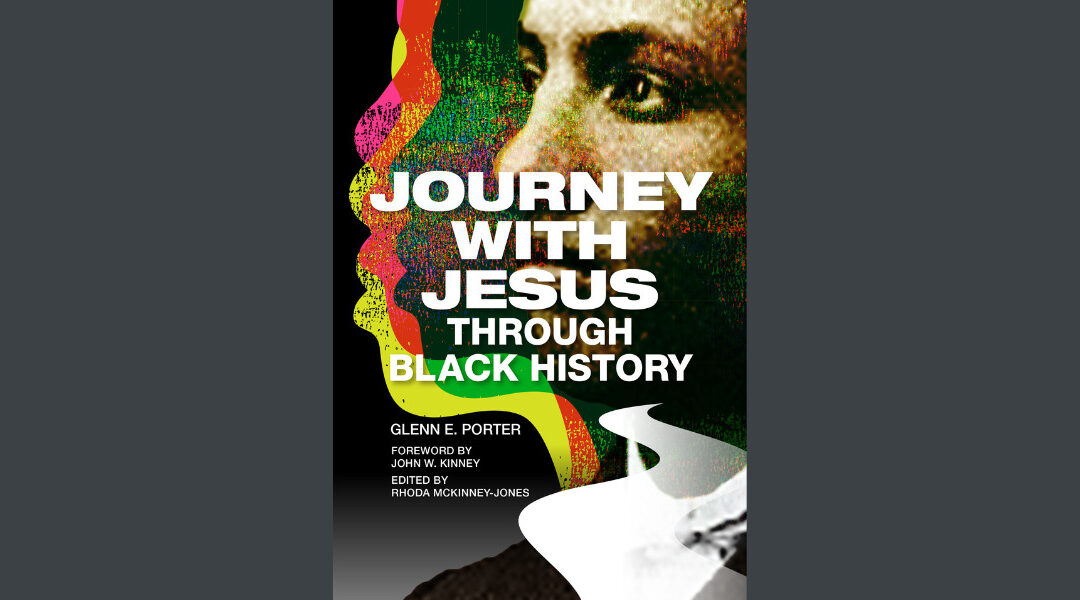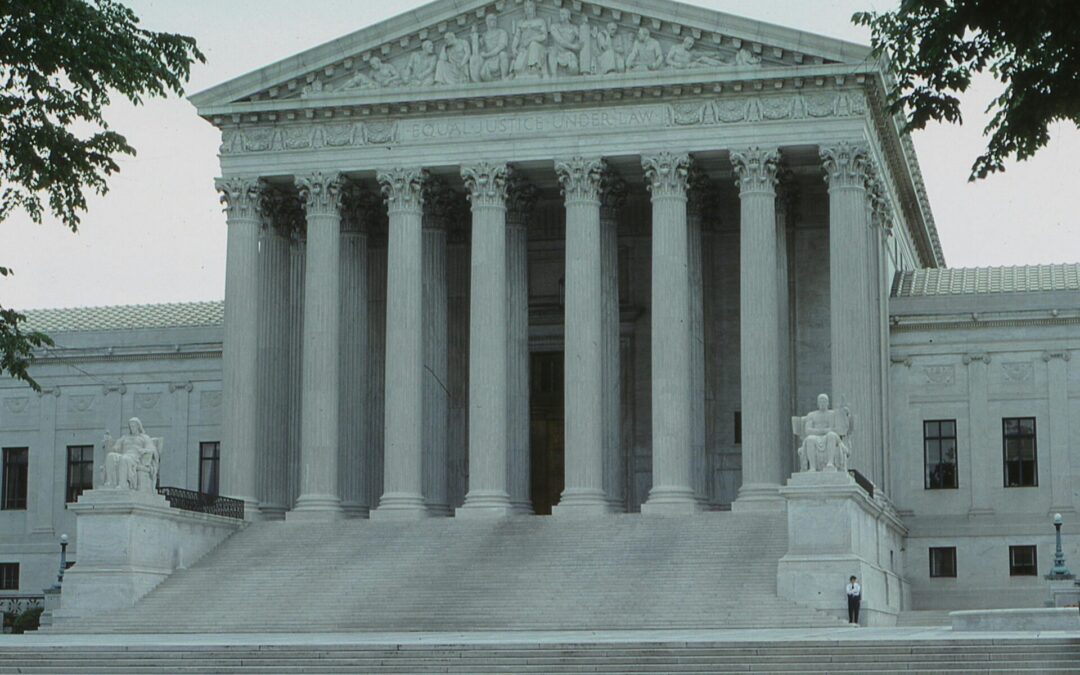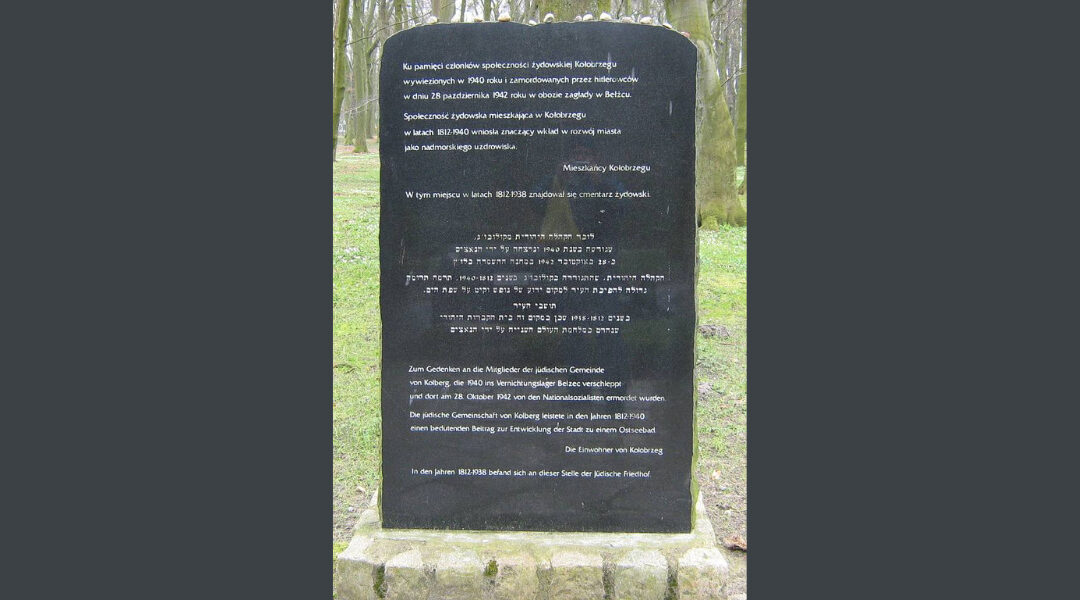
Journey with Jesus through Black history
Just as Luke felt compelled to offer a trustworthy narrative of his experience with Christ, so did Carter G. Woodson as it related to the rich history of African Americans.

Just as Luke felt compelled to offer a trustworthy narrative of his experience with Christ, so did Carter G. Woodson as it related to the rich history of African Americans.

In a globalized world where a disease outbreak in one country can turn into a pandemic, where natural disasters, conflicts, and the people displaced by them cross borders, does withdrawing U.S. aid and collaboration with other nations in addressing these risks make America safer? Does reneging on commitments we have already made to other nations, damaging trust and credibility in the United States abroad, make us stronger? Does abruptly cutting thousands of American jobs related to international aid make America more prosperous?

Perhaps the Amish are unique in their inclination to be predisposed to forgiveness. And yet, their examples cause us to reexamine our beliefs about forgiveness.

We’ve grown cynical about solutions to acts of violence, but there actually may be some things the church is uniquely positioned to provide.

Who do you believe deserves all the rights and privileges of American citizenship? Who do you think should be able to “secure the blessings of liberty for ourselves and our posterity”? The future of the United States of America hangs on how the majority of its citizens answer these two questions.

The shadow of the Holocaust, a genocide that happened in the middle of a supposedly civilized world, while that so-called civilized world refused to believe in the barbarism despite repeated reports and pleas, is never far for me as someone who grew up in Poland, even though I was born forty years after it happened and its memorialization was neatly limited to official places with plaques. These memories are everywhere, it just takes a bit of unearthing.